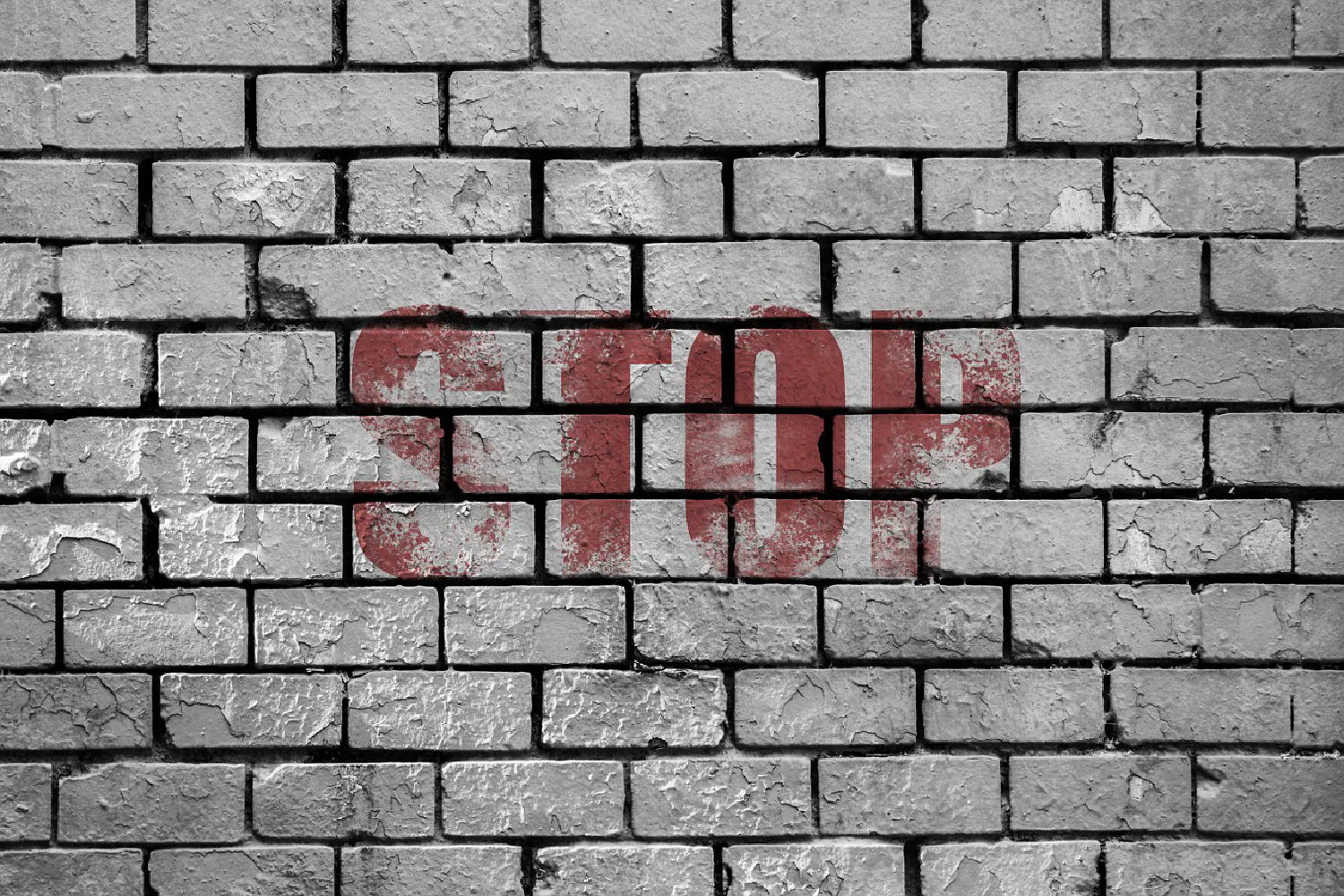If you are having difficulties in repaying your mortgage, this guide gives you essential information on how to stop house repossession.
House Repossessions UK Wide
Every year, over 40,000 families in the UK go through the pain of their house being repossessed due to not being able to keep up repayments on the mortgage. The good news is, repossessions UK wide are decreasing due to law changes and disruptions in the UK property market that aid home owners in keeping up with their mortgage payments. Hopefully, this will serve as a guide to the repossession process and help anyone struggling to pay their mortgage on actions they can take to avoid such a terrible outcome.
The Definition of House Repossession
A repossessed meaning changes only in the thing that is being repossessed. The definition of repossession is the action of retaking possession of an object due to breaking the terms of the agreement set out by the creditor usually due to the buyer defaulting on loan payments for the money provided by the creditor to help complete the purchase. In the context of a house purchase, the mortgage lender is the creditor who provided the initial loan for the house purchase. If the buyer is not able to keep up the loan repayments, the mortgage lender is forced to repossess the home which they will then sell to clear the initial loan borrowed. They will have the legal right to repossess as this will be set out in the mortgage agreement contract when the mortgage was initially agreed between the buyer and the lender.
First Actions Towards House Repossession by Your Lender
If you fail to make a mortgage repayment, the mortgage account with your lender falls into arrears. Lenders are typically okay with one missed payment as this can happen for a number of reasons not related to financial difficulties. Your bank account could have been suspended due to security reasons, for example, which would mean the usual mortgage payment would have been blocked. Your lender will get in contact by either telephone or a letter to resolve the matter.
A missed mortgage payment may affect your credit rating, which would affect your ability to borrow money or take out any other kind of contract requiring credit. However, if you have a valid reason for missing a payment not related to being able to cover all your expenses, you can ask the lender to remove this missed payment from your credit report.
If the missed payment is due to financial difficulties, you will have to resolve this any way you can. Perhaps borrowing money from a relative for a short while or finding a loans company who specializes in short-term lending. This is provided you can then repay this loan comfortably at a later time.
If you are unable to pay, the mortgage lender may offer some advice or you might be given the option to work out an affordable ‘payment arrangement’ with them. This will assist you in clearing any outstanding arrears over a period of time. Renting any spare rooms in your property short term using Airbnb or slightly longer term to a tenant you find using an ad on Gumtree is a good way to bring in some extra income to help with the repayments. Renting spare rooms in your house might be against the creditors’ terms and conditions of the mortgage loan, so while discussing your missed payments would be a good time to ask about this or get them to amend the agreement with the ability to sublet.
If you continue to miss subsequent repayment demands and your mortgage account falls in arrears for between 3-6 months without any attempt on your part to clear the outstanding debt, they have the right to start property repossession proceedings against you. The mortgage lender is likely to take legal action by getting a solicitor to act on their behalf. The solicitor will contact you by letter demanding you pay the mortgage arrears in full within a set period. After a set period that the letter has been issued and no settlement is received or no attempt to repay, repossession proceedings will commence.
The Repossession of Your House
In order to actually repossess your house, by law, the mortgage lender must have carried out the following actions:
- Tell you how much you owe for mortgage repayments
- Respond to any offer of payment you make towards the mortgage
- Consider any kind of request from you to change the way you pay your mortgage, including being able to sublet any rooms you have to get extra income to put towards the outstanding mortgage
- Give you reasons for turning down any offer of payment you make within 10 days
- Give you a reasonable amount of time to consider any proposal they make
- Give you 15 days’ written warning if they plan to start court action to repossess the house
- Tell your council within 5 days of getting notification of the date of the court hearing, this will allow you to apply to the council as homeless
Even if your mortgage lender starts a court action, you may still be able to reach an agreement with them. If your lender starts a repossession action against you, the court will send you a blank defense form and guidance on how to fill it in. You can use the form to explain why you think the lender shouldn’t repossess your home. You need to return it within 14 days.
The court will also send you:
- Copies of the claim forms for possessing your home, filled in by your lender
- A court hearing date
- The court’s contact details
Repossession Order
The lender can only repossess your house if the court grants permission. The judge, however, could decide to do any of the following things:
- Adjourn (delay) the hearing
- Set aside the case, which means no order will be made and the hearing is finished
- Make a repossession order
Outright Possession Order
This gives the lender a legal right to own your home on the date given in the order and is sometimes called an ‘order for possession’. This is usually 28 days after your court hearing.
If you don’t leave your home by the date given in the order, your lender can ask the court to evict you.
Suspended Possession Order
This means that if you make regular payments as set out in the order, you can stay in your home.
If you don’t make the payments, your lender can ask the court to evict you.
Money Order
This means that you have to pay the lender the amount set out in the order. If you don’t make these payments, money could be deducted from your wages or bank account or bailiffs may take away things that you own
Possession Order with Money Judgment
A money judgment is usually added to a possession order. It means you owe a specific amount of money usually made up of your mortgage arrears, court fees, your lender’s legal costs
Time Order
This means that the judge changes the amount you pay on your mortgage for a set time by changing the regular amount you pay, changing the interest rate on your mortgage, delaying the next time you have to make a payment If you don’t make the payments, your lender can ask the court to evict you.
You will still need to attend court to tell the judge about the agreement, unless the court tells you the hearing’s been canceled or postponed. Proceedings will be issued through the County Court by your lender’s solicitors. A date will be set for your hearing, and you will be informed of the aforementioned date by letter. Your case will be heard and a judgment issued by the court; the verdict will depend on whether or not your mortgage lender has sufficient evidence that you are unable to pay your arrears.
If this is the case, then the court will issue a property repossession order, habitually stating that the lender has the right to repossess your home after 28 days should no payment settlement be reached.
If you remain in your property after the said 28 days, and have not repaid your arrears, your lender will apply for an eviction order forcing you to leave your home with immediate effect.
Stopping House Repossession
Falling into arrears on your mortgage is the first indication that you are on a slippery slope towards repossession. There are a number of ways to prevent action taken against eviction. Sell and rent back is one way of doing so, and you can sell your house and rent it back to release cash to settle your mortgage arrears and perhaps other outstanding debts that you have. You don’t have to move house, and the sale won’t cost you any fees.
The process is quite simple. In the first instance, you will need to agree with us on how much your property is worth. We also work with you to come up with a schedule of flexible and affordable rental repayments so you can remain in your home once we have bought your property.
Providing that you have equity in your home, the money received from the sale of your property goes towards paying off your mortgage and any mortgage arrears that you have accrued. The remainder is cash in the bank for you to do with what you please.
Choosing to sell your house and then rent it back can be a difficult decision to make. If you are struggling financially and you know that you won’t be able to meet your lender’s demands for arrears repayments, a sale and rent back agreement – perhaps with the option to buy back – could be the best option in the long run.



